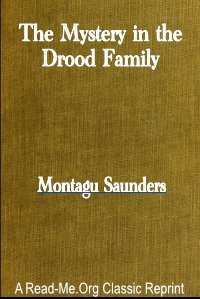By Jodi Lane
This review focuses on the life and career of Joan Petersilia, one of the most important corrections scholars of the past fifty years. The article discusses her formative years, her career spanning from college through her final appointment at Stanford Law School, her major research projects, and her impact on policy, practice, and the academic field of criminology. For more than forty years, Joan chose to do research that affected the real world, treating policymakers and practitioners as equal partners in efforts to improve the implementation of justice, especially that occurring postconviction. Her unique style allowed her to easily communicate the ideas and research from academe to a wide range of audiences, including the general public, policymakers, and practitioners. By doing so, Joan made a significant impact on the criminal justice system and was recognized for her body of work by receiving the 2014 Stockholm Prize, arguably the most prestigious recognition in criminology.
Annual Review of Criminology, Volume 7, Page 1 - 17





